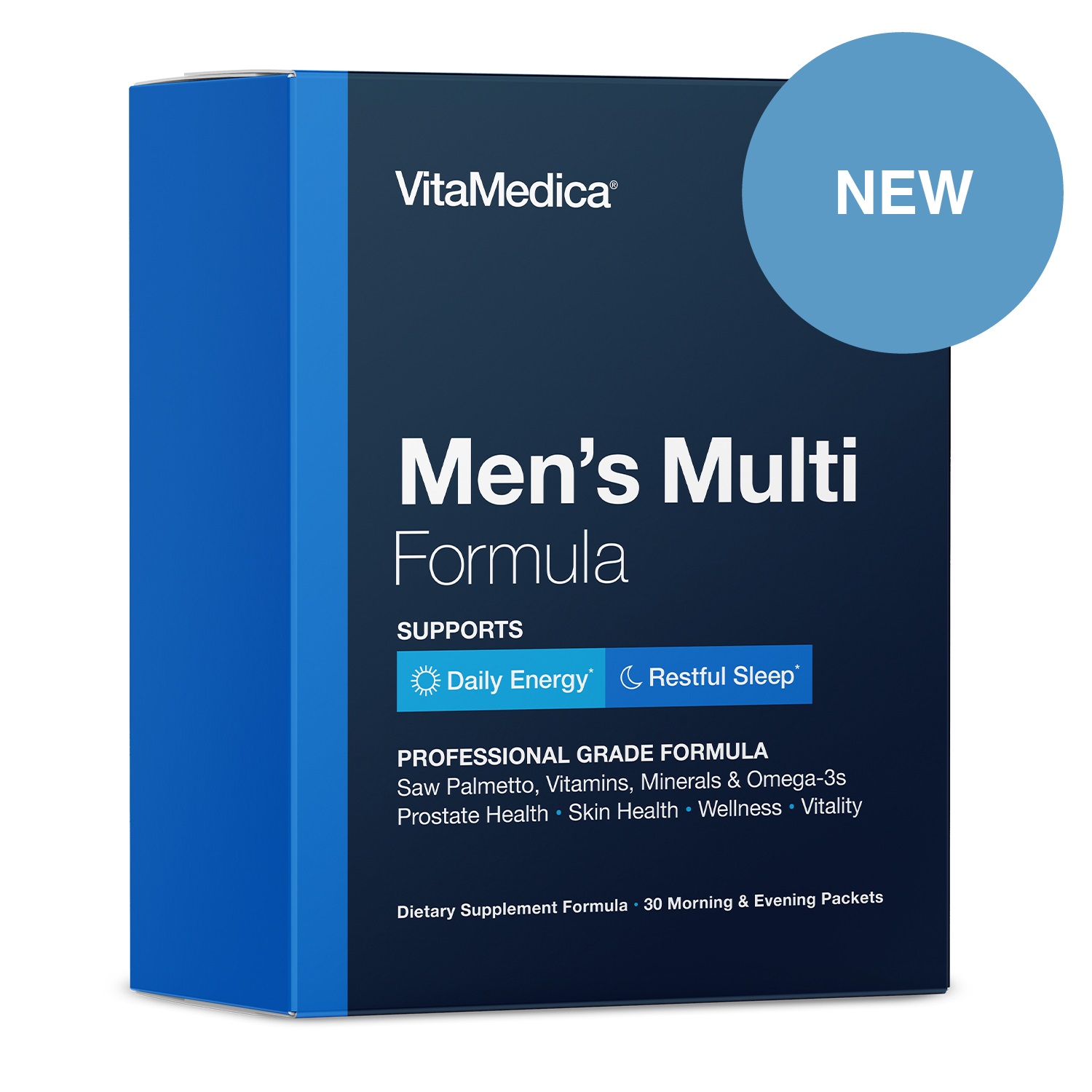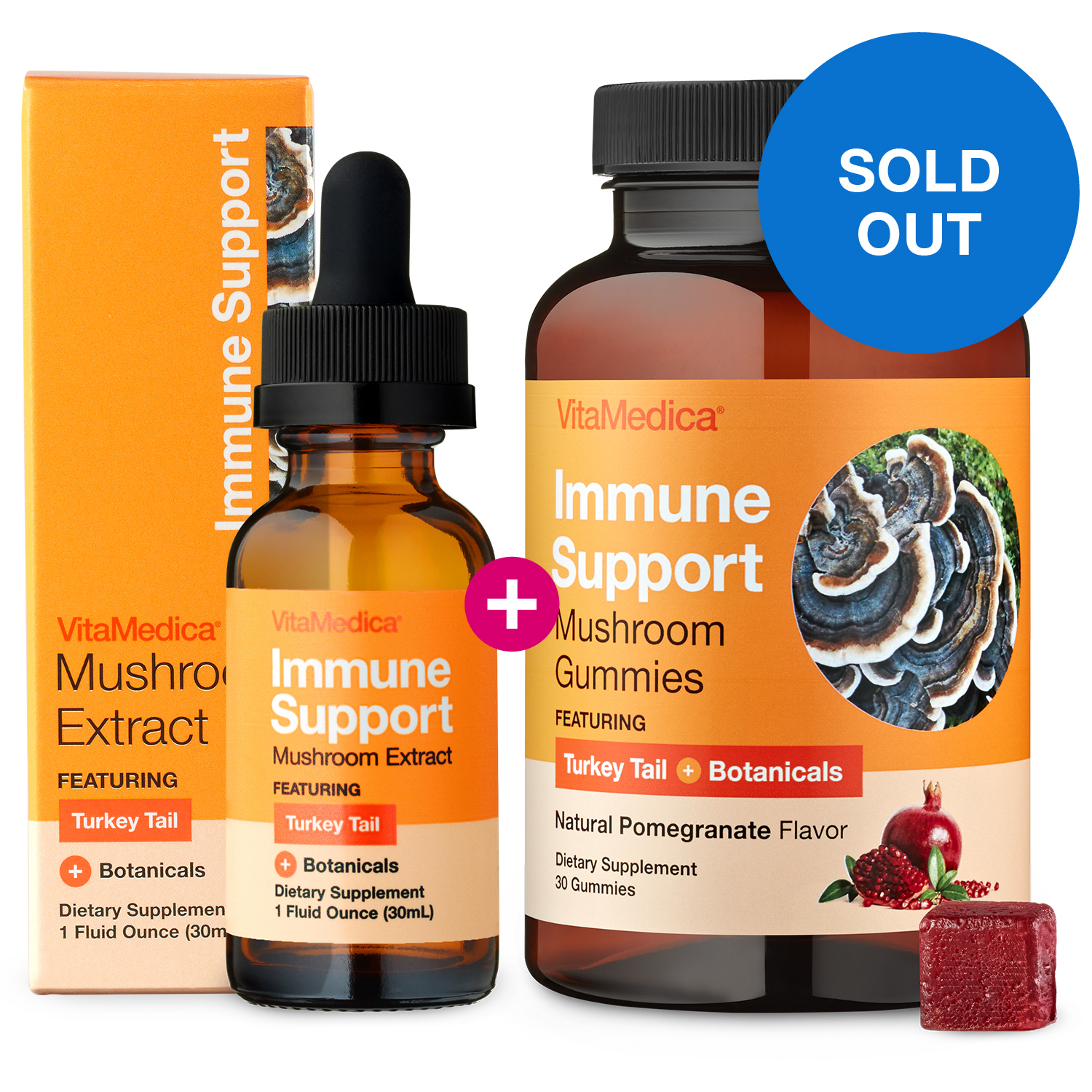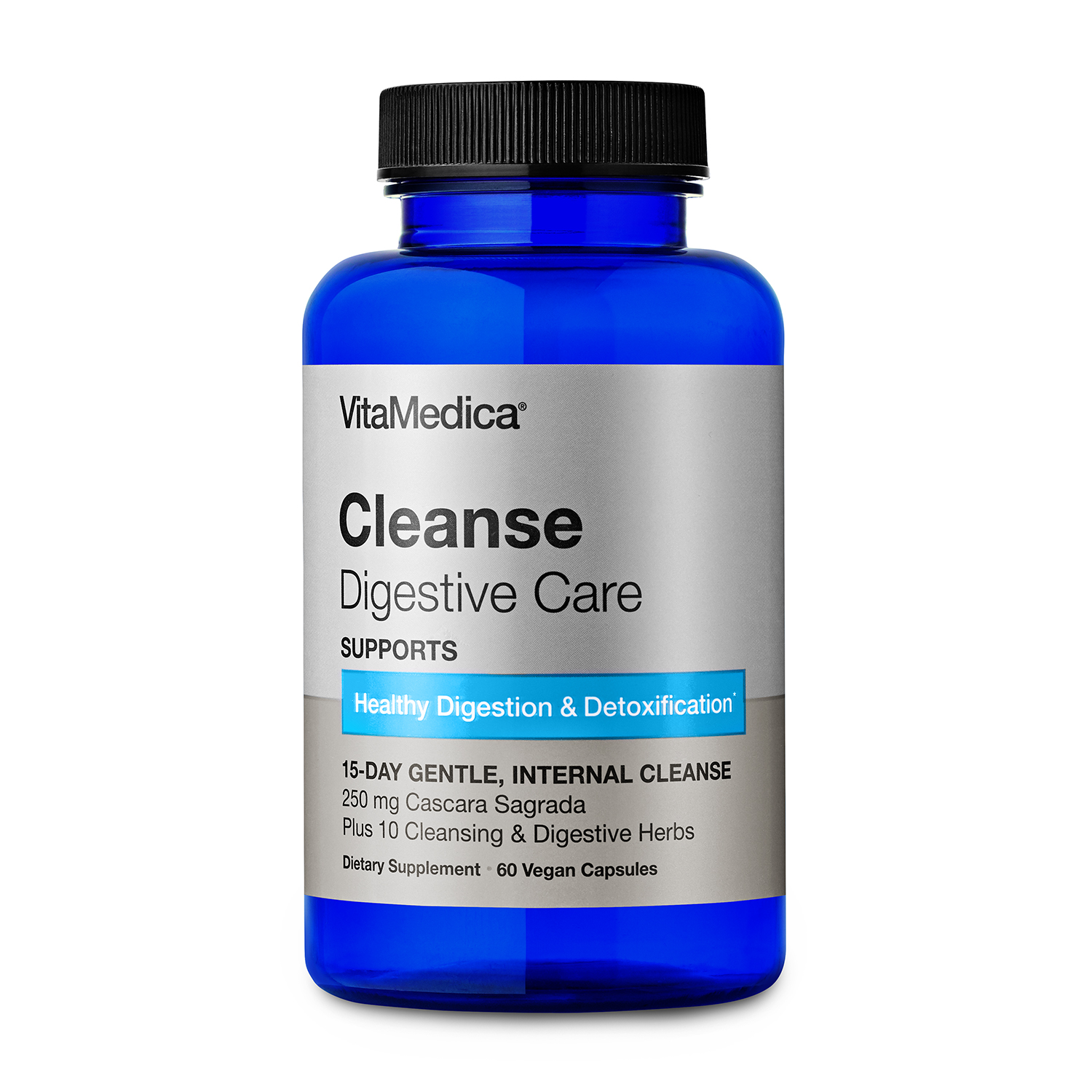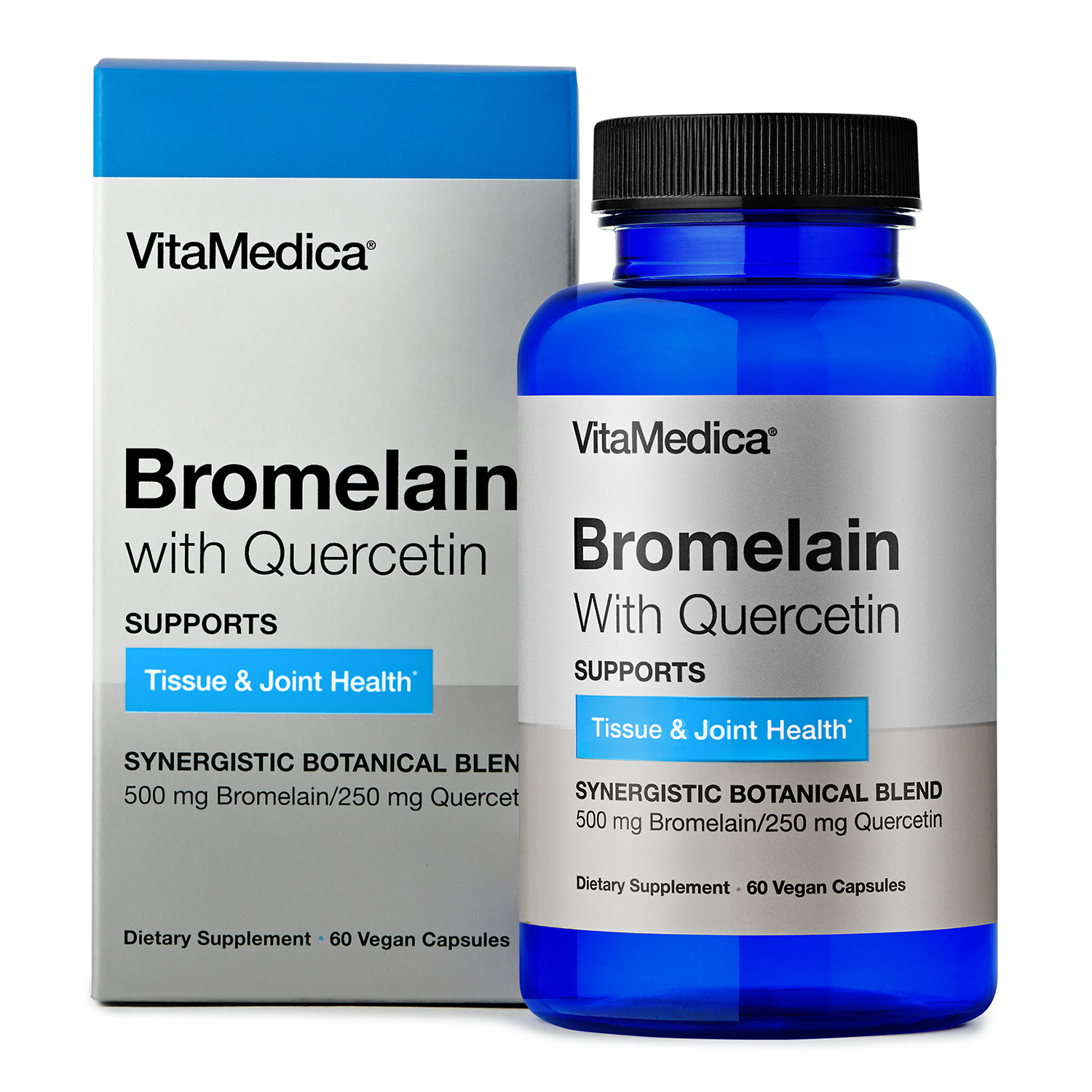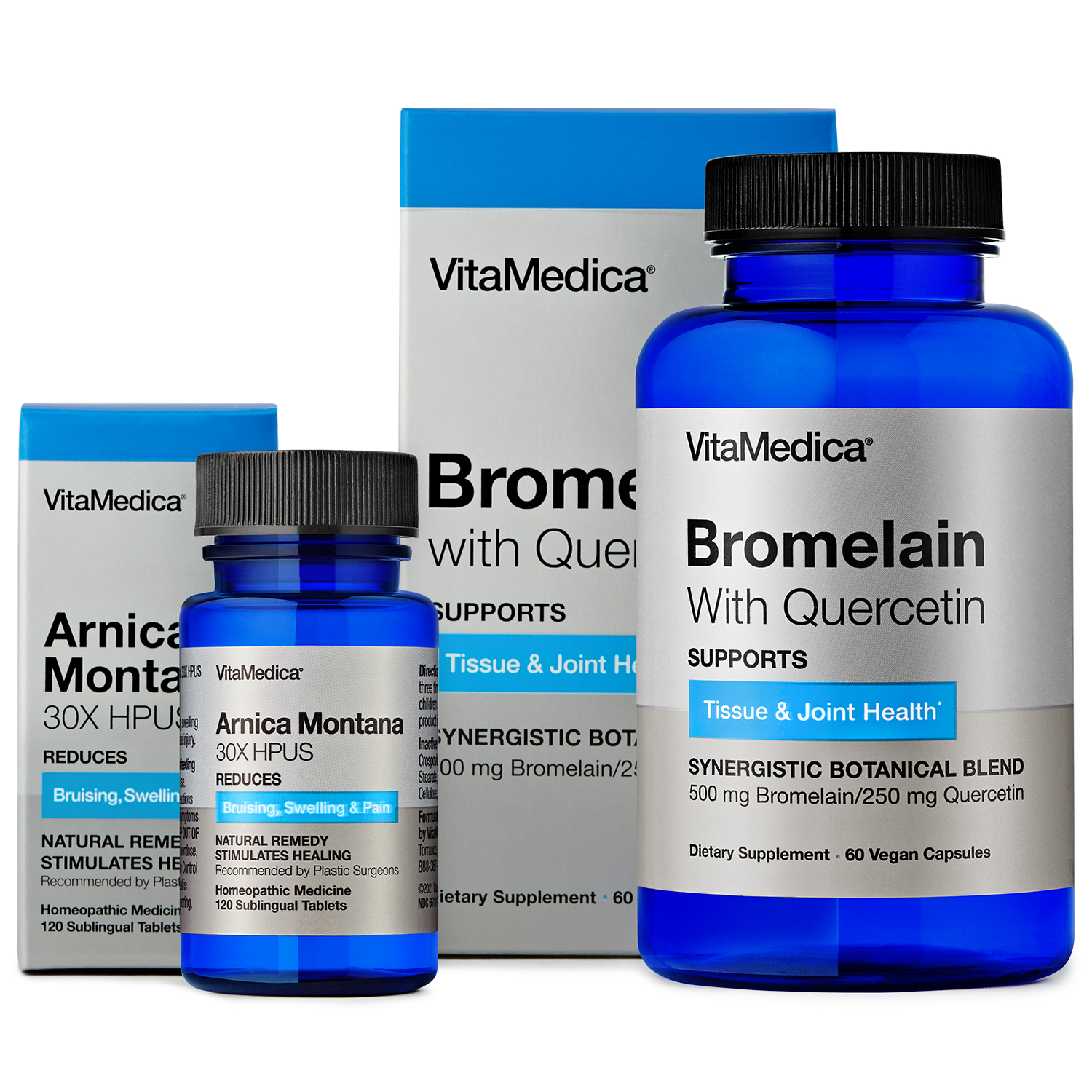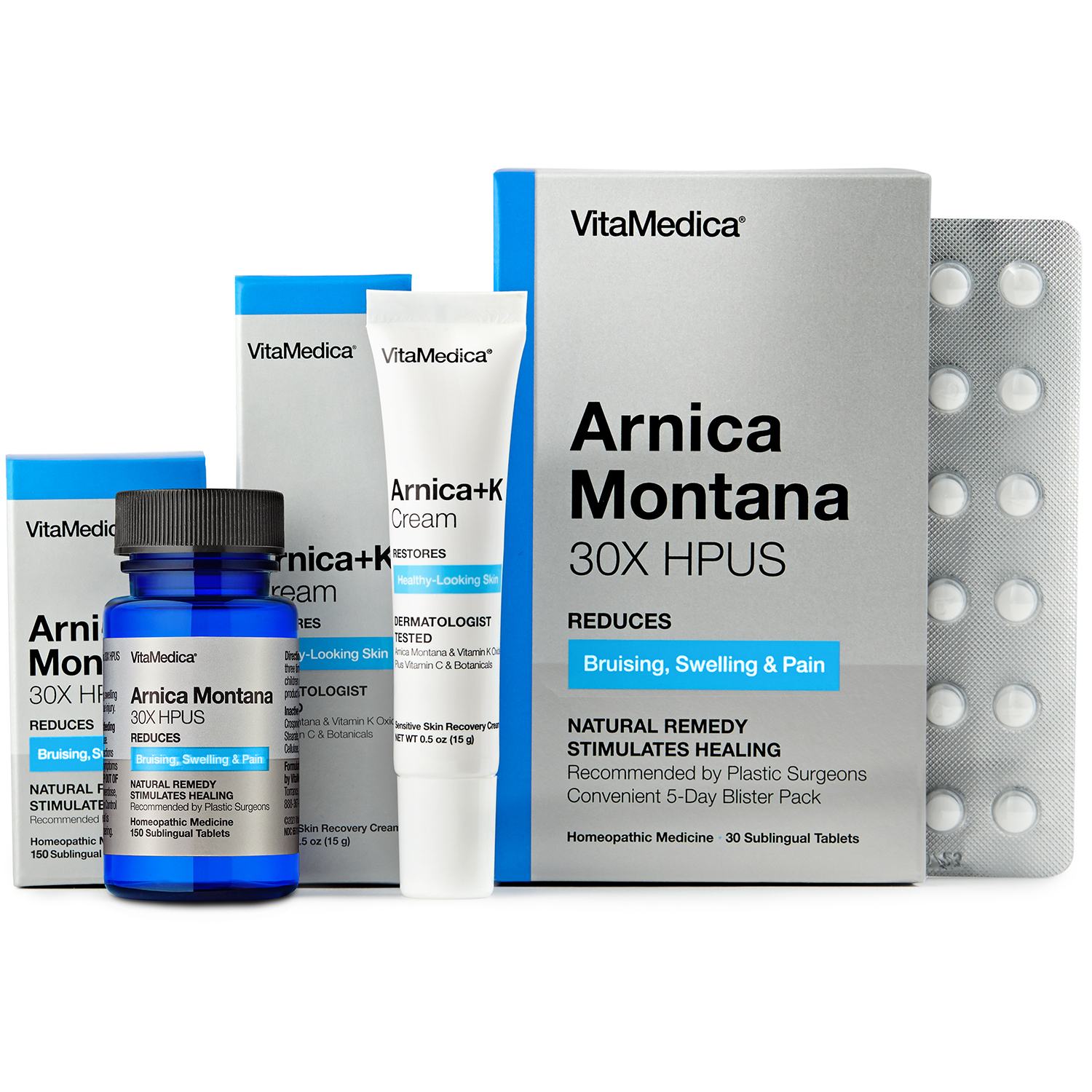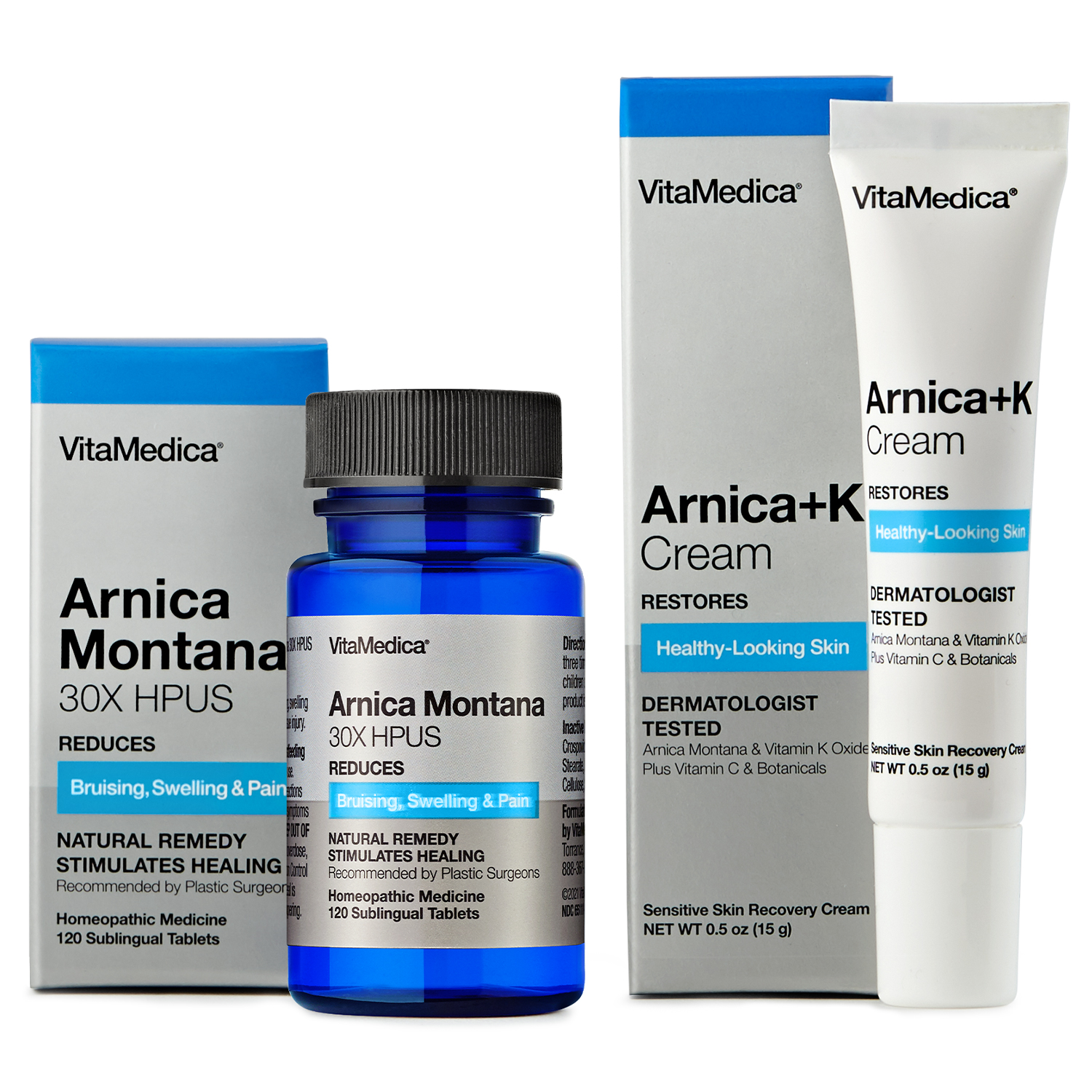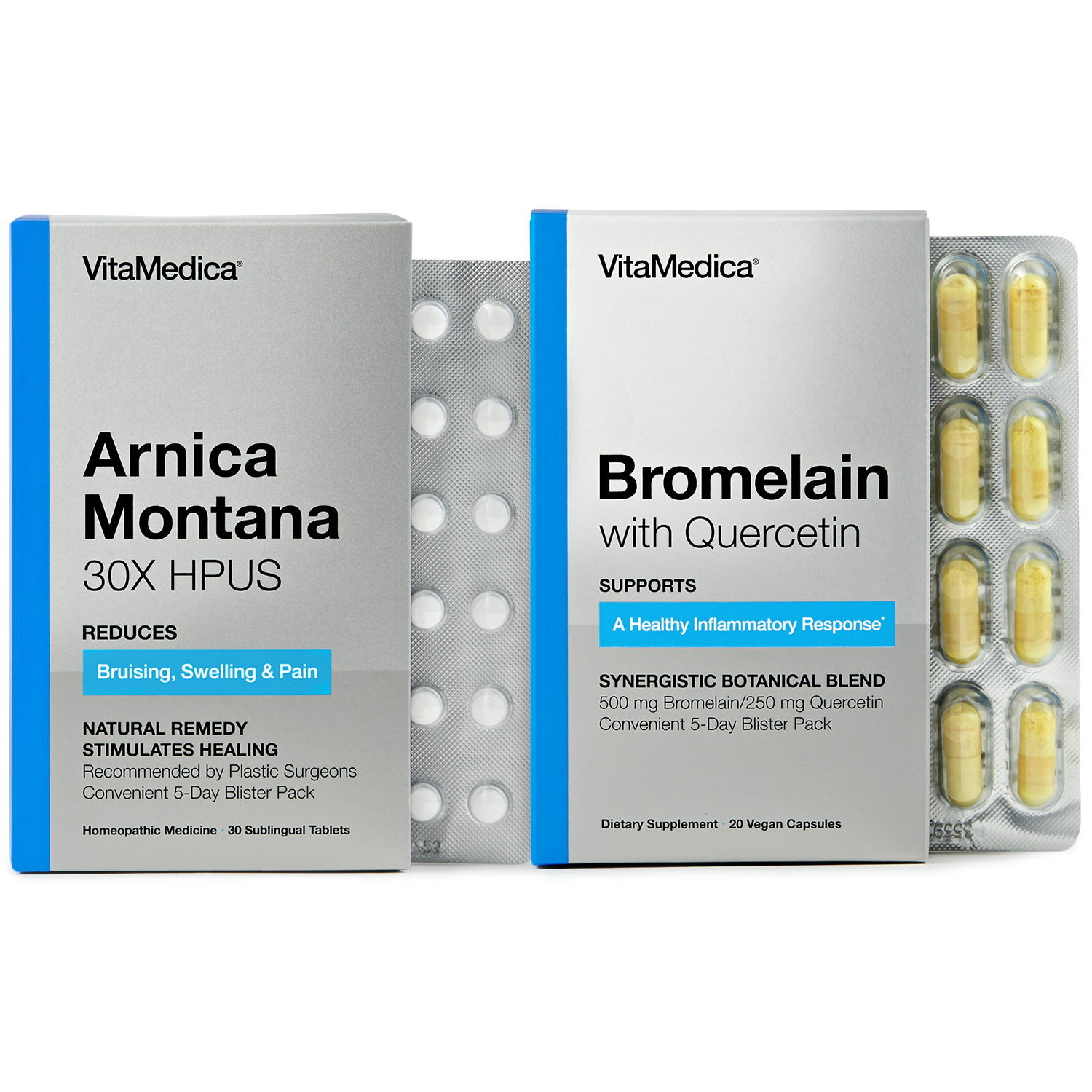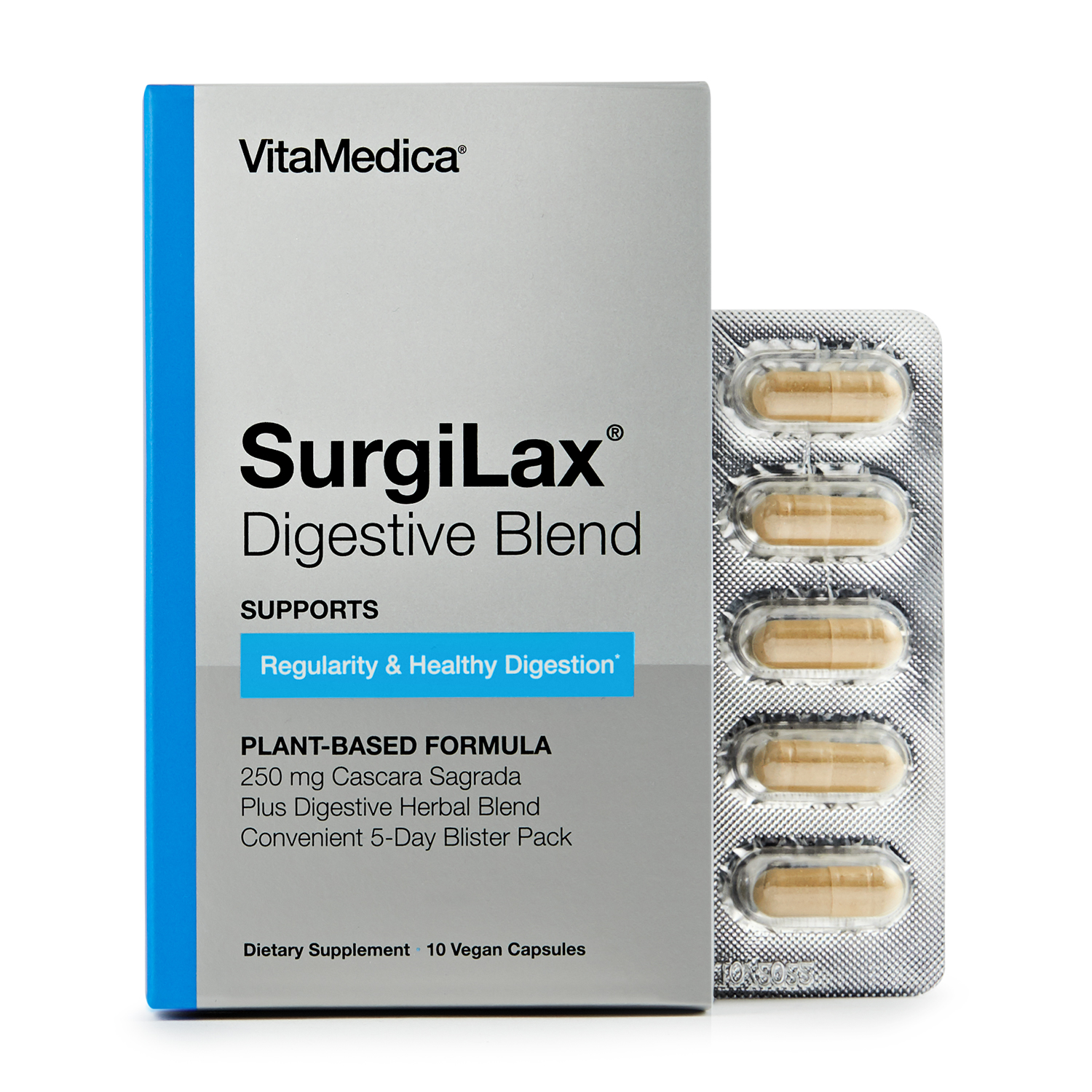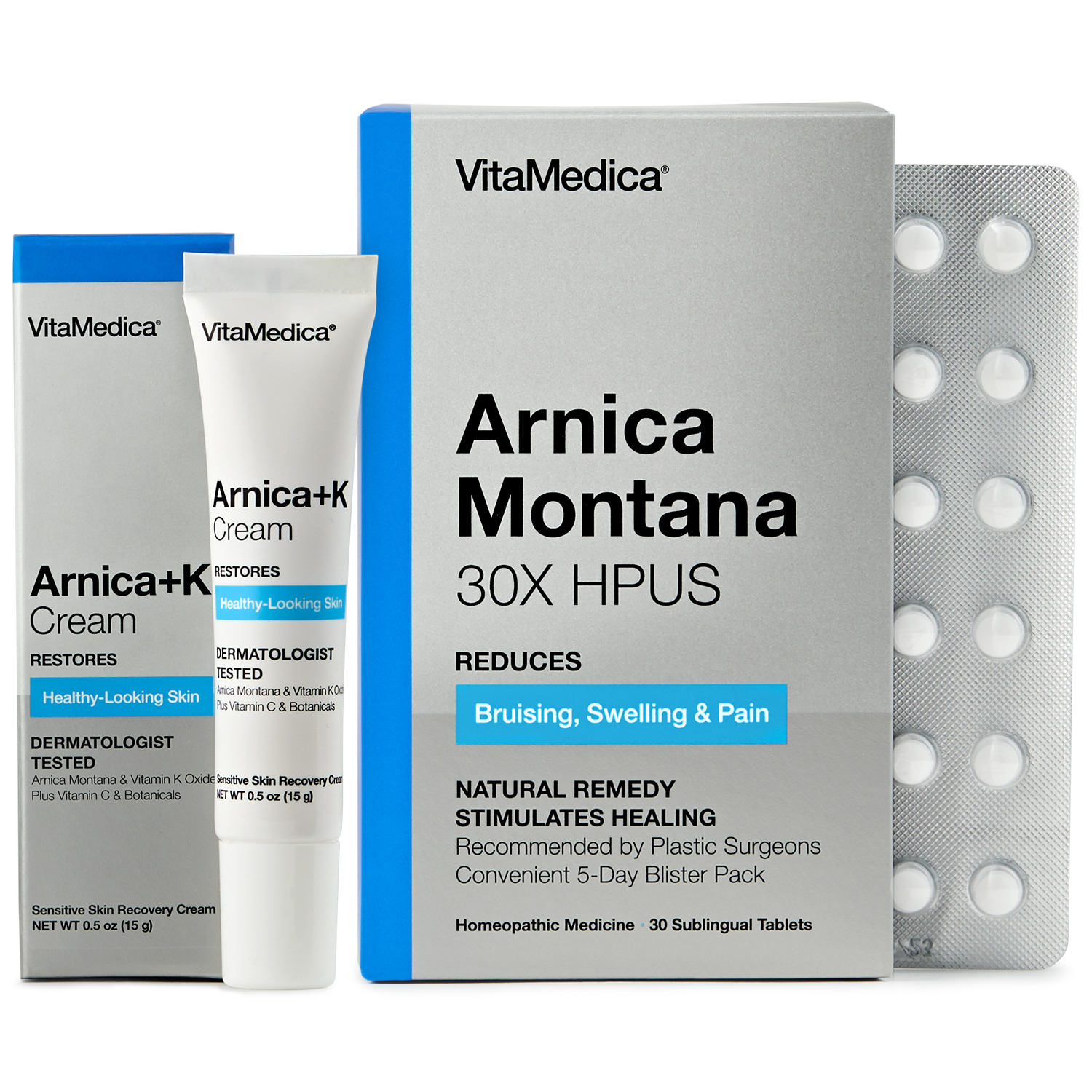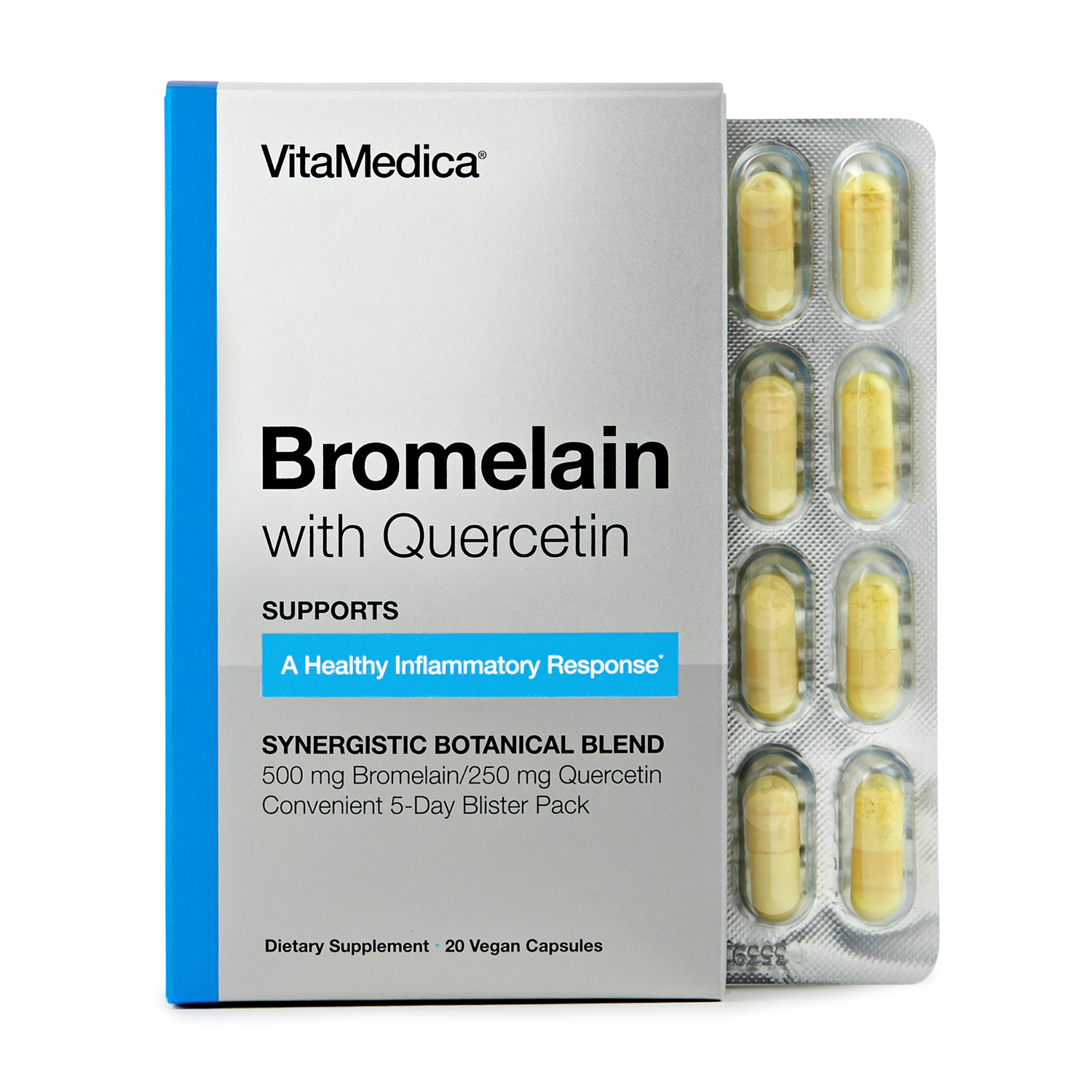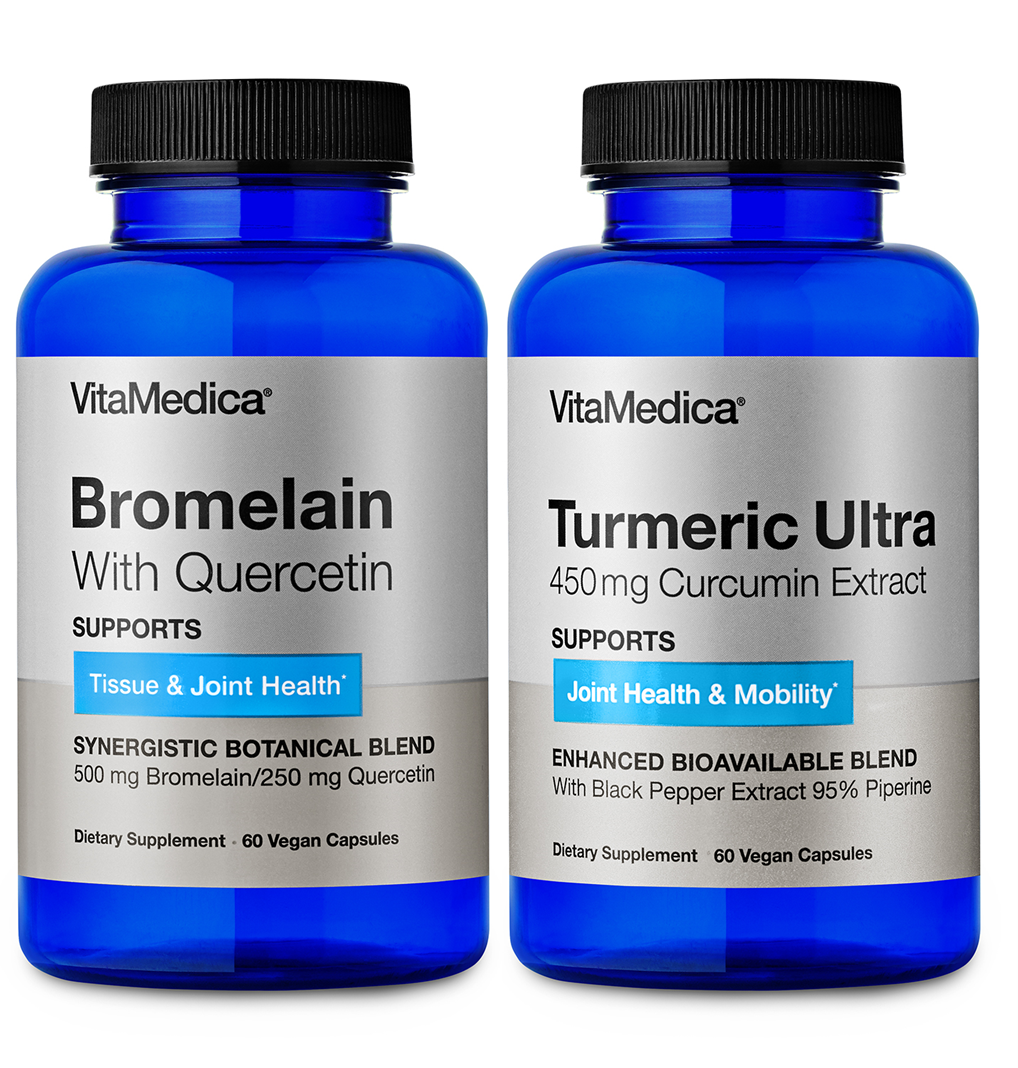HERBAL SUPPLEMENTS & HERBAL VITAMINS
Are you looking to take a more proactive, holistic approach to wellness? Are you increasingly turning to natural remedies for health care and self-care? Then it makes sense to better understand how herbal supplements can benefit your overall health and wellness. Here’s what to look for when purchasing an herbal supplement.
WHAT ARE HERBAL SUPPLEMENTS?
Also known as botanicals or botanical products, herbal supplements (including herbal health products, herbal vitamins, or herbal multivitamins) are a type of dietary supplement that contains one or more plants, plant parts, or herbs, usually taken for health purposes.
Herbal supplements can come in a variety of forms, from teas, capsules, and tablets to liquids or powders.
ARE HERBAL SUPPLEMENTS REGULATED?
The FDA regulates herbal supplements, herbal vitamins, multi mineral supplements, and herbal supplements for weight loss under a category known as “dietary supplements.” The regulations allow manufacturers to claim products support health, are linked to body functions, or address a nutritional deficiency if they have supporting research and evidence and include a disclaimer stating that the FDA has not evaluated the claim; they do not allow them to make specific medical claims saying the products treat a specific medical condition in a specific way.
Under the regulations, companies must also follow Good Manufacturing Practices (GMPs) to ensure that supplements are processed consistently and meet quality standards. These regulations are intended to keep the wrong ingredients and contaminants out of supplements, as well as make sure that the right ingredients are included in appropriate amounts.
These regulations allow the FDA to monitor supplements on the market and remove any unsafe products as well as issue warnings and take action against manufacturers and distributors who make false or misleading claims.
WHAT ARE THE BENEFITS OF USING HERBAL SUPPLEMENTS?
Herbal supplements can have a variety of uses and benefits, but the most common ones are believed to help with the following:
Support Regularity†
Dehydration, stress and reduced physical activity can work against your body’s normal route of elimination and cause occasional constipation. Herbal supplements for weight loss often contain herbs to promote regularity.†
Senna is an herb whose leaves and fruit are used to make herbal supplements that promote regularity. Senna contains compounds called sennosides which irritate the bowel lining, causing a laxative effect.†
Cascara sagrada bark is traditionally used for its natural herbal laxative effects as it contains compounds that stimulate the bowels.
Detoxification and Cleansing†
Our bodies accumulate a lot of toxins from the environment, but bitter herbs like milk thistle and dandelion have been favored for cleansing and detoxifying. They can also be found in herbal supplements for weight loss.
Milk thistle has long been used to promote liver and gallbladder function, and studies have found that this herb may have protective effects on the liver.†
Dandelion – its root in particular – has been used for centuries as a detoxifying herb in traditional Chinese and Native American medicine. Herbalists all over the world recognize it as an excellent liver remedy. Its root helps to stimulate the liver and digestive process which helps flush toxins. In addition, it is used to cleanse the blood and liver, which helps to promote clear skin, and it has anti-viral and anti-bacterial properties that make it very effective in neutralizing acne causing bacteria in the skin.†
Digestive Support†
A variety of herbs and vitamins are used across nearly every culture as natural digestive remedies. Some of the most common herbs used may be familiar to us as food.
Ginger has traditionally been used as a digestive aid to relieve symptoms from an upset stomach, motion sickness and morning sickness.†
Fennel is a carminative – it soothes the stomach and relieves gas and bloating.†
Burdock is a mildly bitter herb that stimulates the release of gastric juices and aids digestion. The herb has several healing properties including anti-inflammatory, antioxidant and anti-bacterial effects.†
Support Healthy Inflammatory Response†
Inflammation, especially chronic inflammation, poses a danger to health as it is linked to a number of conditions including high blood pressure, obesity, type 2 diabetes, heart disease, cancer, depression, and arthritis. Managing and minimizing the body’s inflammatory response is important to stay healthy.
Turmeric contains a compound called curcumin that gives it its distinctive yellow color and is associated with antioxidant and anti-inflammatory properties.
Bioflavonoids, also known as phytonutrients, are plant chemicals that give fruits and vegetables their distinctive color while providing protection from the sun’s harmful rays. When consumed, bioflavonoids confer a wide range of health benefits to humans, including antioxidant benefits and promoting healthy inflammation response. Fruits, vegetables, spices and tea from the 5 major color groups: blue-purple, red-pink, orange-yellow, green and white-brown are rich in bioflavonoids.†
Stress & Energy Support†
Our bodies are exposed to all sorts of stressors daily – physical, mental, or chemical.
Adaptogens are non-toxic plants, each with a different function, that can help the body resist stressors, and they’ve been used for centuries in Traditional Chinese Medicine (TCM) as well as Ayurvedic healing traditions. They may modify hormone production and physiological responses to stress to promote proper body function in your mind, immune system, and even for your energy levels.†
Studies have found ginseng and reishi may boost immunity, while some research suggests that Siberian ginseng, rhodiola, and schisandra may help with energy; for long-term stress, many turn to Asian ginseng, licorice root, and holy basil.†
Recovery Support†
Arnica Montana contains compounds that are especially important for the reduction of bruising and swelling from soft tissue injury. Arnica is believed to increase the flow of blood around bruised tissue causing escaped fluids to be absorbed by the body. The absorption of the fluids makes black and blue marks go away faster and reduces the swelling by relieving the pressure on nerve endings.
Bromelain has been used in both folk and modern medicine as a digestive aid and as a natural anti-inflammatory. While it can be used for many different conditions, it has documented therapeutic effects in the treatment of inflammation. Studies have shown that bromelain can help reduce inflammation and swelling after surgery.†
ARE HERBAL SUPPLEMENTS SAFE?
Many of the most popular herbs and botanicals are safe for everyday use but should not be used if you plan on having surgery (e.g., ginseng, garlic, ginkgo, yohimbe).
In addition, the FDA can and will take herbal supplements, vitamins, and herbal weight loss supplements off the market if they find them to be unsafe, contaminated, or contain unlisted or harmful ingredients.
As with any changes to diet or medication, before you take a combination of herbal supplements or take them with prescription medication, you should speak with your physician to make sure they are not contraindicated.
If you decide to take an herbal supplement, you should follow these safety precautions:
- Read and follow supplement instructions. Don’t take more than the recommended dosage or take the herb supplement for a longer period than recommended.
- Take notes and take one supplement at a time so you can see if it is effective. Take note of side effects, if any. Write down when you took the supplement, how much you took, and how it affects you. If it’s not helping, stop taking it.
- Make smart choices – stick to quality brands that are certified as meeting and exceeding Good Manufacturing Practices (GMP) regulations or have been tested by independent sources like com or U.S. Pharmacopeia Convention (USP).
- Check for alerts, warnings, and recalls. The FDA publishes lists of supplements that are under regulatory review or that have been reported to cause adverse effects. You can find these on the FDA website.
HOW DO YOU DETERMINE THE QUALITY OF HERBAL SUPPLEMENTS?
It’s hard to determine the quality of a product based on its packaging or label because the degree of quality control depends on the manufacturer, the supplier, and others in the production process.
Per FDA regulations set in 2007, manufacturers must follow Good Manufacturing Practices (GMPs) to ensure that supplements are processed consistently and meet quality standards. GMPs are guidelines that provide a system of processes, procedures, and documentation to assure a product has the identity, strength, composition, quality, and purity that appear on its label. They aim to prevent the inclusion of the wrong ingredients, the addition of too much or too little of a dietary ingredient, the possibility of contamination (by pesticides, heavy metals such as lead, bacteria, etc.), and the improper packaging and labeling of a product.
Manufacturers of quality herbal supplements often apply for independent GMP registration, which certifies that auditors have visited the manufacturing facility and assessed everything from the employees, the facilities and equipment, the production and process control systems, how products are held and distributed, how records are kept, and how complaints, returns, and recalls are handled. Once they are certified, they then have to be audited on a regular basis to ensure they continue to meet those high standards.
Quality products will also meet FDA guidelines on proper labeling and include:
- The product or supplement name
- The address and/or telephone number of the manufacturer or distributor
- A complete list of ingredients
- The amount of product or supplement in the package
Products that do not list this information should be avoided.
It’s also recommended to research the manufacturer of any herbal supplement, herbal vitamins, herbal multivitamin, or herbal weight loss supplements you are considering taking. Questions to ask include:
- Does the supplier specialize in herbal/botanicals?
- Can the manufacturer trace the product ingredients from origin to final product?
- Does the product make far fetched or hard-to-prove claims?
- Does the label give complete information about the formula, ingredients, directions, and precautions?
- Is the label clear and easy to decipher?
- Is there an address, website, or toll-free telephone number listed for consumers who want more information about the company or product?
Do your research before you take an herbal supplement. After all, if you’re looking to supplement your health, you want to find the best quality supplement.


